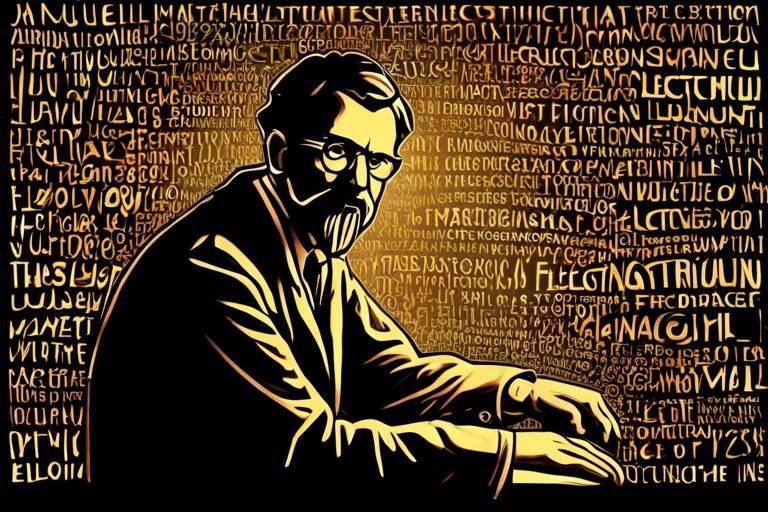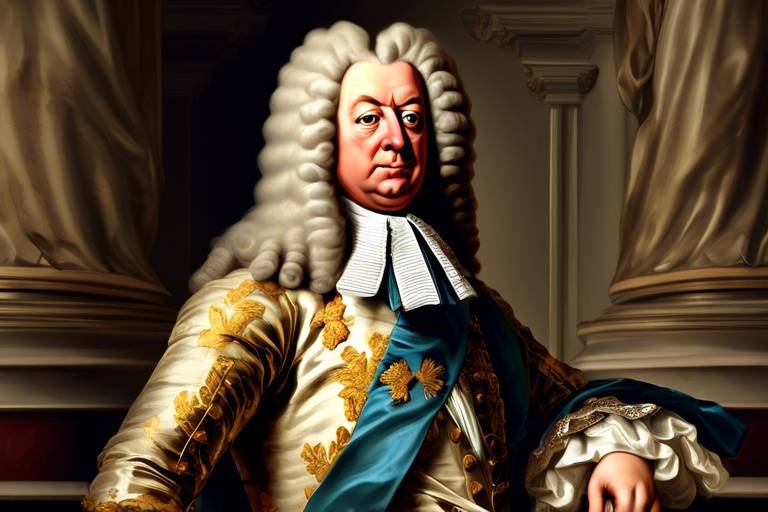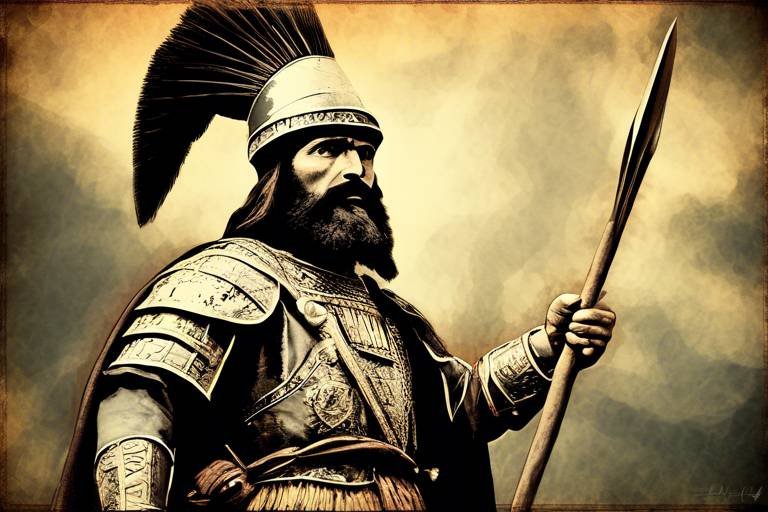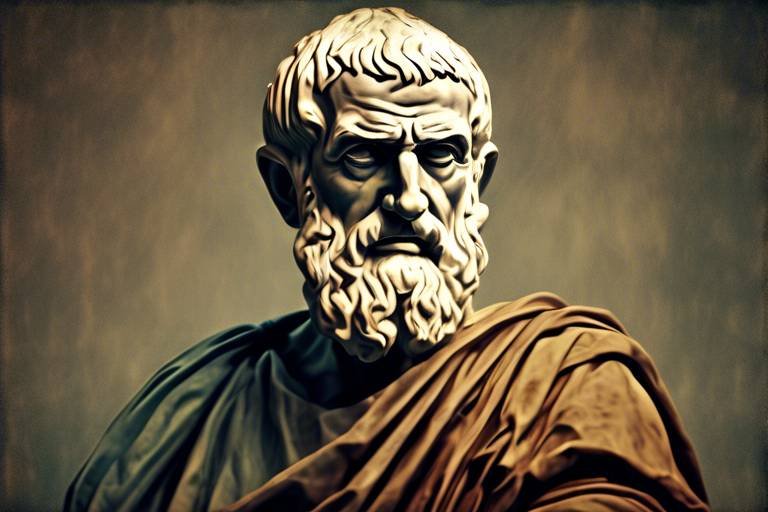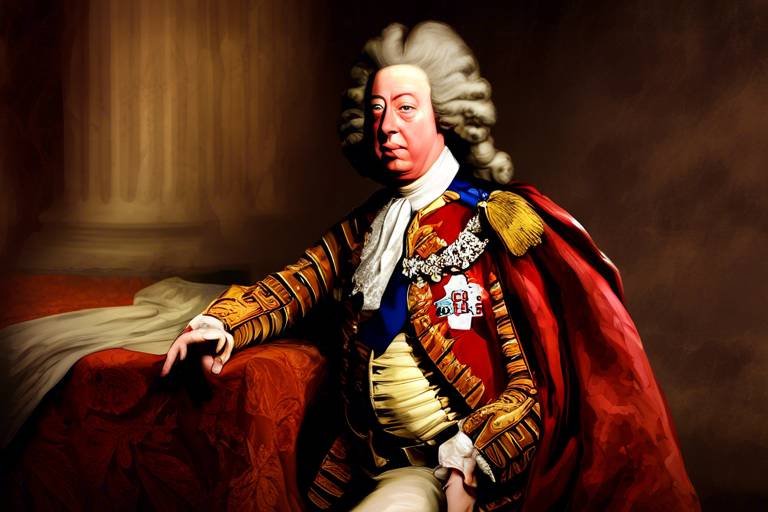Churchill: The Leader Who Defied Hitler
Winston Churchill, a name synonymous with courage and leadership, stood as a beacon of defiance against the tyranny of Adolf Hitler during the tumultuous times of World War II. His unwavering commitment to freedom and democracy shaped the course of history, inspiring generations with his resolute spirit and indomitable will.
Churchill's journey towards becoming the stalwart leader who defied Hitler began long before the outbreak of the war. His early life and political career laid the foundation for his eventual role as a key figure in the fight against Nazi Germany. From his upbringing to his entry into politics, every step paved the way for the remarkable leadership he would display in the face of adversity.
As the world plunged into the chaos of World War II, Churchill's pivotal role came to the forefront, especially during the Battle of Britain. His leadership during this critical time was nothing short of extraordinary, as his unwavering resolve and steadfast determination inspired a nation to stand firm against the looming Nazi threat, turning the tide of the war.
One of the most challenging moments of Churchill's leadership came during the Blitz, a period of relentless German bombing raids on British cities. Despite the devastation, Churchill's resilience shone through as he rallied the British people, instilling hope and courage in the face of adversity. His unwavering determination to protect his country became a symbol of strength and defiance.
Churchill's efforts to forge alliances with key Allied leaders, such as Roosevelt and Stalin, played a crucial role in strengthening the fight against Hitler. His diplomatic skills and strategic vision ensured the eventual defeat of the Axis powers, marking a turning point in the war and securing victory for the forces of freedom.
After the war, Churchill's legacy continued to reverberate across the globe. His contributions to shaping the post-war world order, his instrumental role in the formation of the United Nations, and his lasting impact on global politics and diplomacy solidified his place as one of the most influential figures of the 20th century.
Churchill's famous "Iron Curtain" speech and his warnings about the growing Soviet threat highlighted his foresight and strategic acumen in shaping Western responses to the emerging Cold War. His influence in the division of Europe and the containment of communism left an indelible mark on the course of history, setting the stage for decades of geopolitical tensions.
Reflecting on his later years, Churchill's receipt of the Nobel Prize in Literature and his continued presence in politics underscored his enduring reputation as a statesman of unparalleled stature. His legacy continues to inspire and guide leaders around the world, reminding us of the power of courage, determination, and unwavering commitment to the values of freedom and democracy.

Early Life and Political Career
Winston Churchill, born in 1874 into a prominent aristocratic family, had a tumultuous early life marked by both triumphs and setbacks. Despite struggling academically, Churchill showed a keen interest in military affairs and history, foreshadowing his future role as a wartime leader. His entry into politics in the early 20th century saw him quickly rise through the ranks, serving in various government positions and gaining a reputation for his eloquence and unwavering convictions.
Churchill's political career was not without controversy, with his decisions sometimes drawing criticism from his peers. However, his leadership during World War I, where he held key ministerial positions, showcased his dedication to serving his country. Despite facing political defeats and setbacks, Churchill's resilience and determination eventually led him to become Prime Minister at a critical juncture in history.
As Prime Minister, Churchill's leadership style was characterized by his boldness and decisiveness, qualities that would be crucial during the tumultuous years of World War II. His early experiences in government, coupled with his unwavering belief in the British spirit, prepared him for the monumental challenges that lay ahead, shaping him into the iconic leader who would defy Hitler and inspire a nation to stand firm against tyranny.
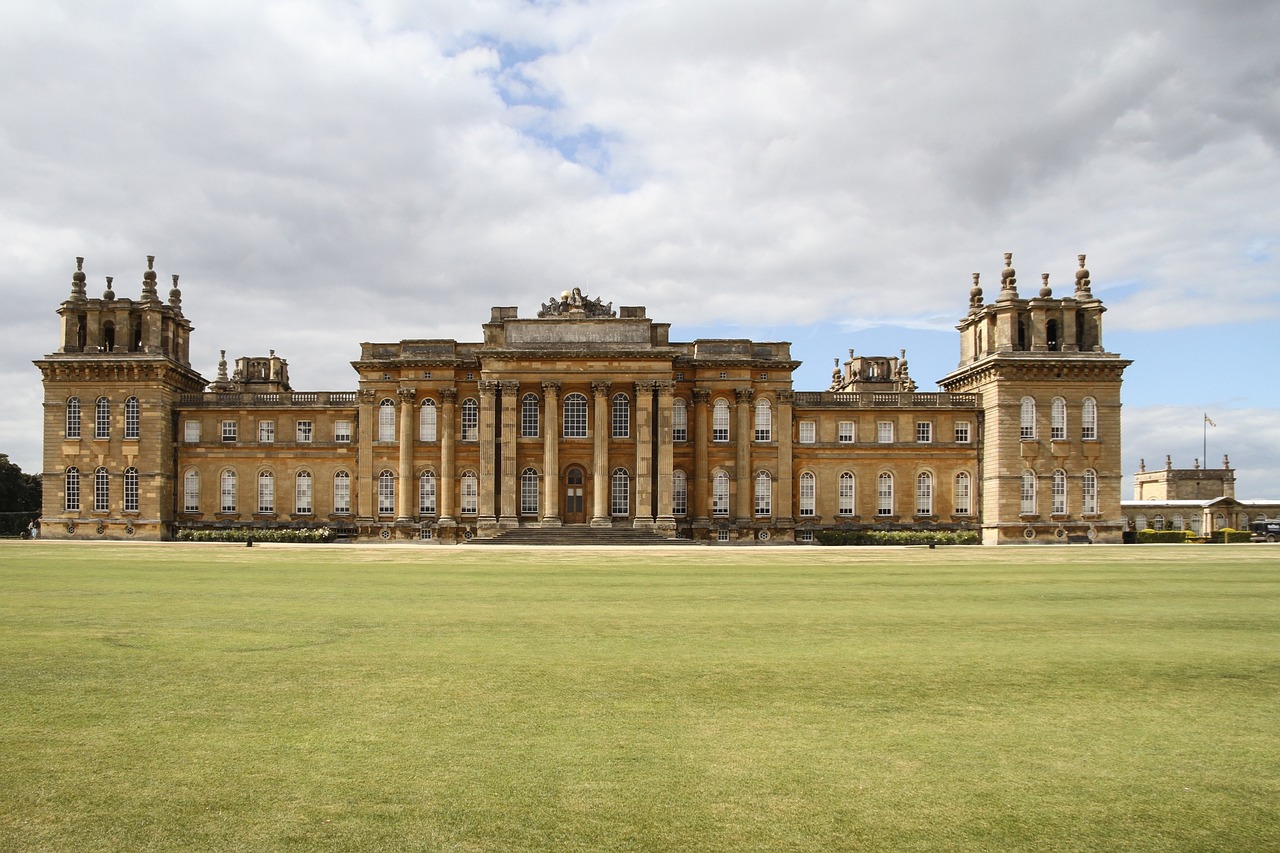
World War II and the Battle of Britain
Exploring the remarkable leadership of Winston Churchill during World War II and his defiance against Hitler's tyranny, shaping the course of history through his courage, determination, and unwavering commitment to freedom and democracy.
An overview of Churchill's role during World War II is essential to understanding his impact on history. The Battle of Britain stands out as a defining moment, where Churchill's leadership was tested to its limits. As Nazi Germany launched relentless air raids on British cities, Churchill's unwavering resolve and inspiring speeches rallied the nation to stand firm against the threat of invasion.
Churchill's strategy during the Battle of Britain was not just about military tactics but also about boosting morale and instilling hope in the face of adversity. His famous quote, "We shall fight on the beaches, we shall fight on the landing grounds, we shall fight in the fields and in the streets, we shall fight in the hills; we shall never surrender," encapsulates his determination and spirit during this critical time.
Despite the overwhelming odds, Churchill's leadership during the Battle of Britain united the British people in a common cause, nurturing a sense of resilience and unity that would prove crucial in the eventual victory over Nazi Germany. His ability to inspire courage and steadfastness in the face of danger earned him the admiration and respect of not only his countrymen but also the world.
Furthermore, Churchill's strategic decisions and unwavering commitment to defending Britain against the Luftwaffe played a significant role in turning the tide of the war in favor of the Allies. The Battle of Britain marked a turning point in World War II, showcasing Churchill's leadership qualities and his ability to navigate through the darkest hours with unwavering determination.
Examining Churchill's response to the Blitz, his ability to rally the British people in the face of relentless German bombing raids, and his unwavering determination to protect his country.
Discussing Churchill's efforts to build and maintain alliances with key Allied leaders, such as Roosevelt and Stalin, to strengthen the fight against Hitler and ensure the eventual defeat of the Axis powers.
Exploring Churchill's legacy after the war, including his role in shaping the post-war world order, his contributions to the United Nations, and his lasting impact on global politics and diplomacy.
Analyzing Churchill's famous Iron Curtain speech and his warnings about the growing Soviet threat, highlighting his role in shaping Western responses to the emerging Cold War and the division of Europe.
Reflecting on Churchill's Nobel Prize in Literature, his later years in politics, and his enduring reputation as one of the greatest statesmen of the 20th century, leaving a lasting mark on history.
Stay tuned for answers to common questions about Winston Churchill, his leadership during World War II, and his lasting impact on global history.
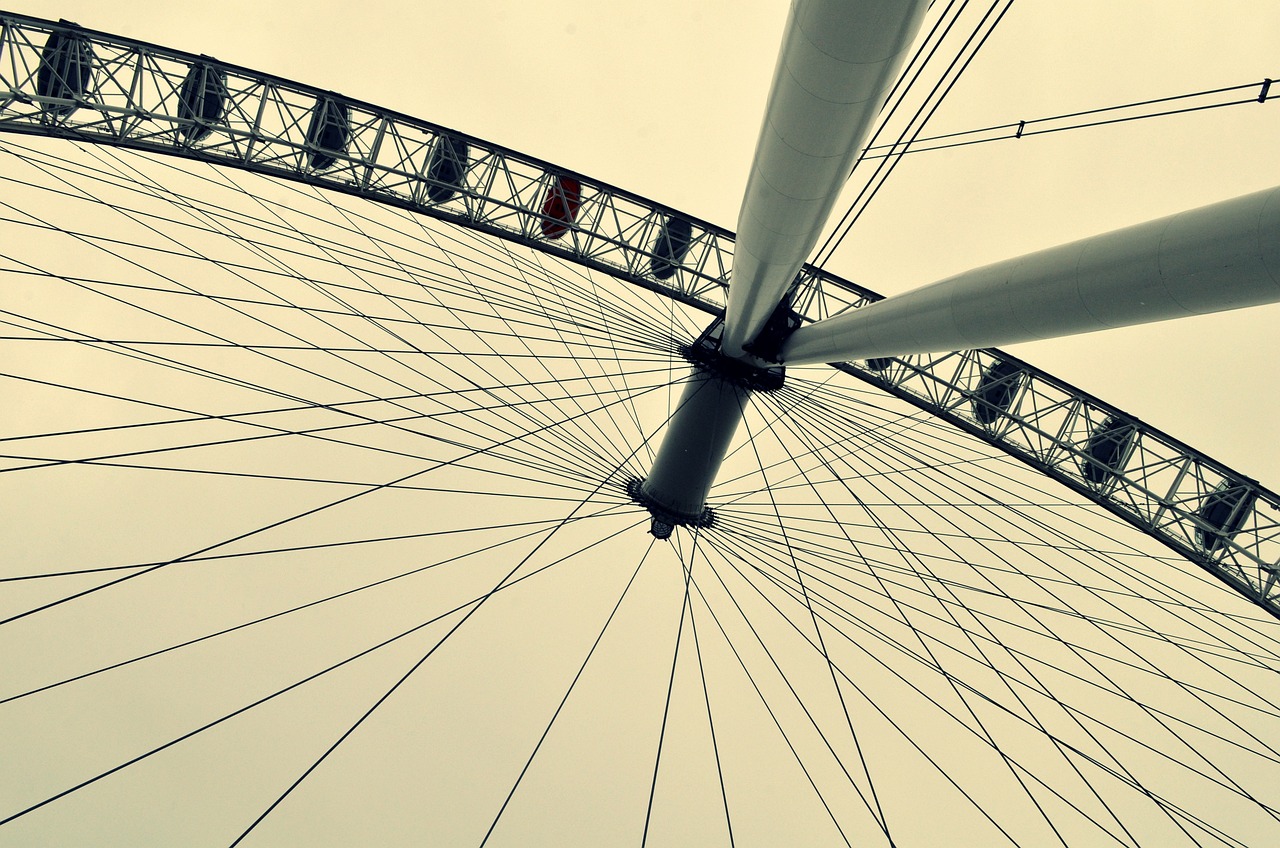
The Blitz and Resilience
During the dark days of World War II, when the skies over Britain were filled with the ominous roar of German bombers, Winston Churchill stood as a beacon of hope and resilience in the face of the Blitz. As the relentless bombing raids targeted cities and civilians, Churchill's unwavering resolve and steadfast leadership inspired a nation to stand firm against the onslaught of the enemy.
Churchill's response to the Blitz was nothing short of remarkable. Despite the devastation and chaos caused by the bombings, he remained a symbol of strength and determination, urging the British people to stay strong and united in the face of adversity. His famous speeches, delivered with passion and conviction, galvanized the nation and instilled a sense of courage and resilience in the face of overwhelming odds.
One of Churchill's most famous quotes during this time encapsulates his spirit of resilience: "We

Alliance with the Allies
During World War II, Winston Churchill understood the critical importance of forming strong alliances with key Allied leaders to combat the tyranny of Hitler's regime. His diplomatic skills and strategic vision played a crucial role in uniting nations against a common enemy. One of his most notable partnerships was with President Franklin D. Roosevelt of the United States. Together, Churchill and Roosevelt forged a close bond that laid the foundation for the Anglo-American alliance, which proved instrumental in the ultimate defeat of Nazi Germany. Additionally, Churchill navigated the complexities of working with Soviet leader Joseph Stalin, despite ideological differences, to ensure a united front against the Axis powers. By fostering these alliances, Churchill demonstrated his ability to bridge divides and prioritize the greater good of defeating a common enemy.

Post-War Legacy and Impact
Exploring the remarkable leadership of Winston Churchill during World War II and his defiance against Hitler's tyranny, shaping the course of history through his courage, determination, and unwavering commitment to freedom and democracy.
An overview of Churchill's upbringing, entry into politics, and his early years in government, setting the stage for his eventual role as a key figure in the fight against Nazi Germany.
Detailing Churchill's pivotal role during World War II, particularly his leadership during the Battle of Britain, where his steadfast resolve inspired a nation to stand firm against the Nazi threat.
Examining Churchill's response to the Blitz, his ability to rally the British people in the face of relentless German bombing raids, and his unwavering determination to protect his country.
Discussing Churchill's efforts to build and maintain alliances with key Allied leaders, such as Roosevelt and Stalin, to strengthen the fight against Hitler and ensure the eventual defeat of the Axis powers.
Exploring Churchill's legacy after the war, including his role in shaping the post-war world order, his contributions to the United Nations, and his lasting impact on global politics and diplomacy.
Analyzing Churchill's famous "Iron Curtain" speech and his warnings about the growing Soviet threat, highlighting his role in shaping Western responses to the emerging Cold War and the division of Europe.
Reflecting on Churchill's Nobel Prize in Literature, his later years in politics, and his enduring reputation as one of the greatest statesmen of the 20th century, leaving a lasting mark on history.
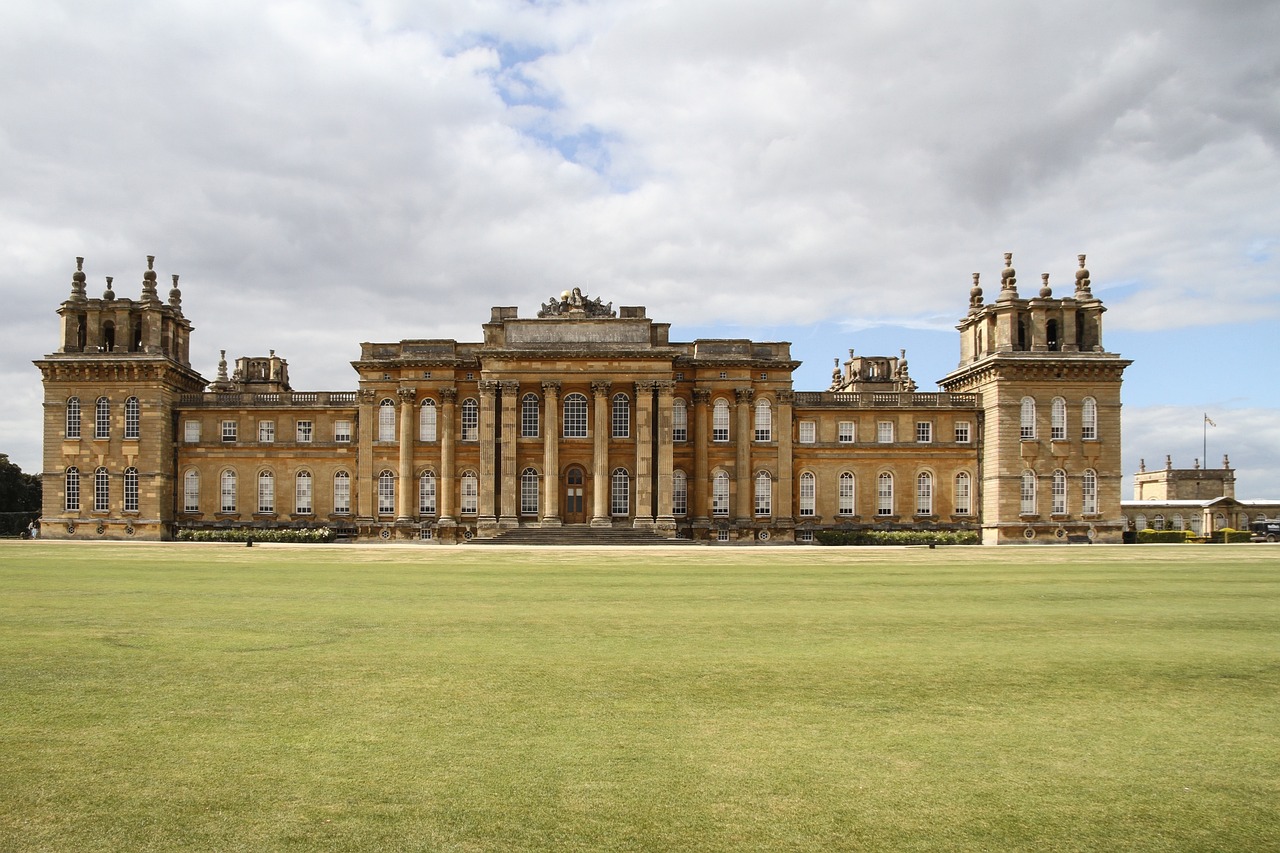
Cold War and Iron Curtain
During the tumultuous period following World War II, Winston Churchill played a crucial role in shaping the geopolitical landscape of the world. His famous "Iron Curtain" speech, delivered in Fulton, Missouri in 1946, marked a turning point in the post-war era. In this landmark address, Churchill warned of the growing Soviet influence in Eastern Europe, famously stating, "From Stettin in the Baltic to Trieste in the Adriatic, an iron curtain has descended across the continent."
Churchill's speech served as a stark reminder of the ideological divide between the Western democracies and the Soviet Union, setting the stage for the Cold War that would dominate international relations for decades to come. His powerful rhetoric and clear-eyed analysis of the Soviet threat galvanized Western nations to confront the challenges posed by communism and stand united in defense of freedom and democracy.
As the Iron Curtain descended across Europe, dividing the continent into East and West, Churchill's words resonated as a call to action against the encroaching tide of totalitarianism. His vision and foresight in recognizing the dangers posed by Soviet expansionism helped to shape Western responses to the emerging Cold War, laying the foundation for a united front against communist aggression.
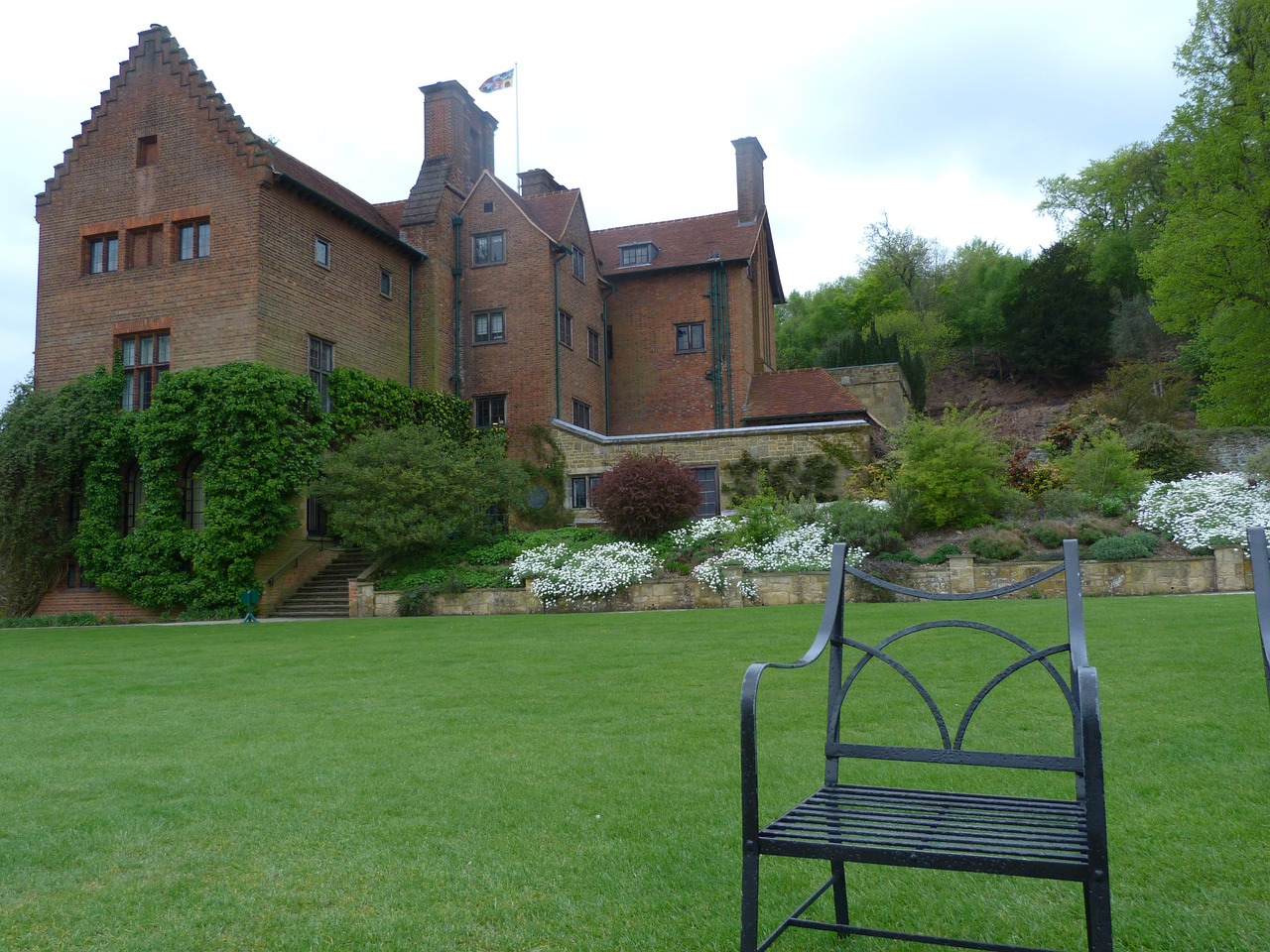
Iron Curtain
The term "Iron Curtain" coined by Winston Churchill in his famous speech referred to the ideological and physical division of Europe between the Western democracies and the Soviet Union after World War II. This metaphorical barrier symbolized the isolation and control imposed by the Soviet regime over Eastern Europe, cutting off these countries from the rest of the continent. Churchill's warning about the Iron Curtain highlighted the growing influence of communism and the need for vigilance against Soviet expansionism. The speech marked a pivotal moment in the early stages of the Cold War, shaping Western policies and strategies in response to the Soviet threat.
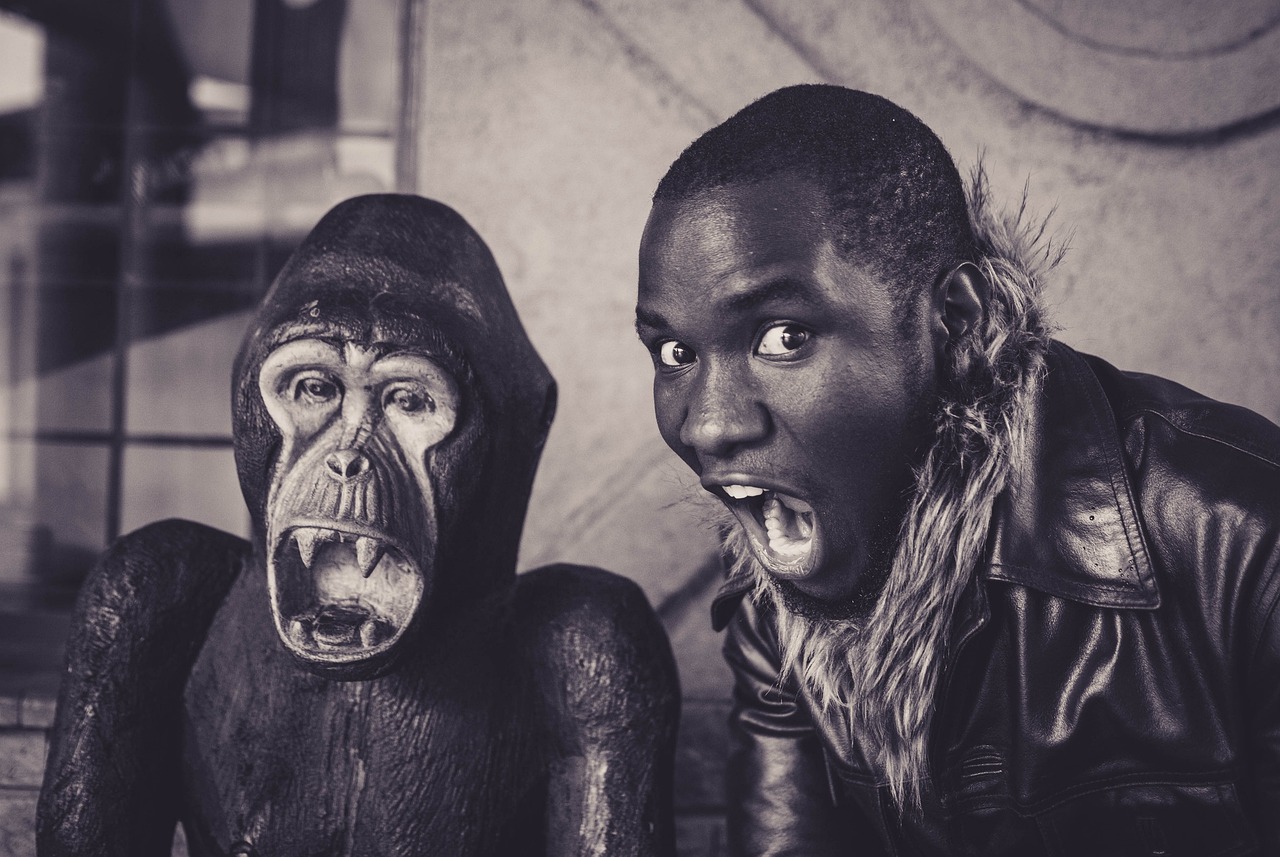
speech and his warnings about the growing Soviet threat, highlighting his role in shaping Western responses to the emerging Cold War and the division of Europe.
Exploring the remarkable leadership of Winston Churchill during World War II and his defiance against Hitler's tyranny, shaping the course of history through his courage, determination, and unwavering commitment to freedom and democracy.
An overview of Churchill's upbringing, entry into politics, and his early years in government, setting the stage for his eventual role as a key figure in the fight against Nazi Germany.
Detailing Churchill's pivotal role during World War II, particularly his leadership during the Battle of Britain, where his steadfast resolve inspired a nation to stand firm against the Nazi threat.
Examining Churchill's response to the Blitz, his ability to rally the British people in the face of relentless German bombing raids, and his unwavering determination to protect his country.
Discussing Churchill's efforts to build and maintain alliances with key Allied leaders, such as Roosevelt and Stalin, to strengthen the fight against Hitler and ensure the eventual defeat of the Axis powers.
Exploring Churchill's legacy after the war, including his role in shaping the post-war world order, his contributions to the United Nations, and his lasting impact on global politics and diplomacy.
Analyzing Churchill's famous Iron Curtain speech and his warnings about the growing Soviet threat, highlighting his role in shaping Western responses to the emerging Cold War and the division of Europe.
Reflecting on Churchill's Nobel Prize in Literature, his later years in politics, and his enduring reputation as one of the greatest statesmen of the 20th century, leaving a lasting mark on history.
1. Was Churchill the Prime Minister of the United Kingdom during World War II?
Yes, Winston Churchill served as the Prime Minister of the United Kingdom from 1940 to 1945, leading the country during the critical years of World War II.
2. What was Churchill's famous "Iron Curtain" speech about?
Churchill's "Iron Curtain" speech, delivered in 1946, warned about the Soviet Union's expanding influence in Eastern Europe and the division it was creating in the continent.
3. How did Churchill contribute to global politics after World War II?
After World War II, Churchill played a key role in shaping the post-war world order, advocating for international cooperation and diplomacy through organizations like the United Nations.

Nobel Prize and Later Years
After the conclusion of World War II, Winston Churchill's remarkable journey continued to unfold, leading him to receive the prestigious Nobel Prize in Literature in 1953. This recognition not only celebrated his literary contributions but also solidified his status as a revered figure in global history. Churchill's later years were marked by his return to the role of Prime Minister in 1951, where he navigated the complexities of post-war reconstruction and the challenges of a rapidly changing world.
Despite facing political setbacks and health issues, Churchill remained a steadfast voice of wisdom and experience, shaping key decisions and policies that influenced the course of international relations. His unwavering commitment to upholding democratic values and fostering peace resonated throughout his later years, leaving a lasting impact on future generations.
As Churchill's legacy continued to grow, his reputation as one of the greatest statesmen of the 20th century solidified, transcending political divides and inspiring leaders around the world. His eloquent speeches, strategic insights, and unwavering resolve in the face of adversity cemented his place in history as a beacon of courage and leadership.
Frequently Asked Questions
- Who was Winston Churchill?
Winston Churchill was a British statesman who served as the Prime Minister of the United Kingdom during World War II. He is known for his leadership and defiance against Hitler's tyranny, playing a crucial role in shaping the course of history.
- What was Churchill's role during World War II?
Churchill's role during World War II was pivotal, especially during the Battle of Britain where his steadfast resolve inspired the nation to stand firm against the Nazi threat. He led the country through one of its darkest times with courage and determination.
- How did Churchill contribute to the post-war world?
After the war, Churchill continued to influence global politics and diplomacy. He played a key role in shaping the post-war world order, contributing to the formation of the United Nations and providing crucial insights into the emerging Cold War.
- What was Churchill's lasting impact on history?
Churchill's legacy endures as one of the greatest statesmen of the 20th century. His warnings about the Soviet threat, his Nobel Prize in Literature, and his enduring reputation all contribute to his lasting mark on history.





